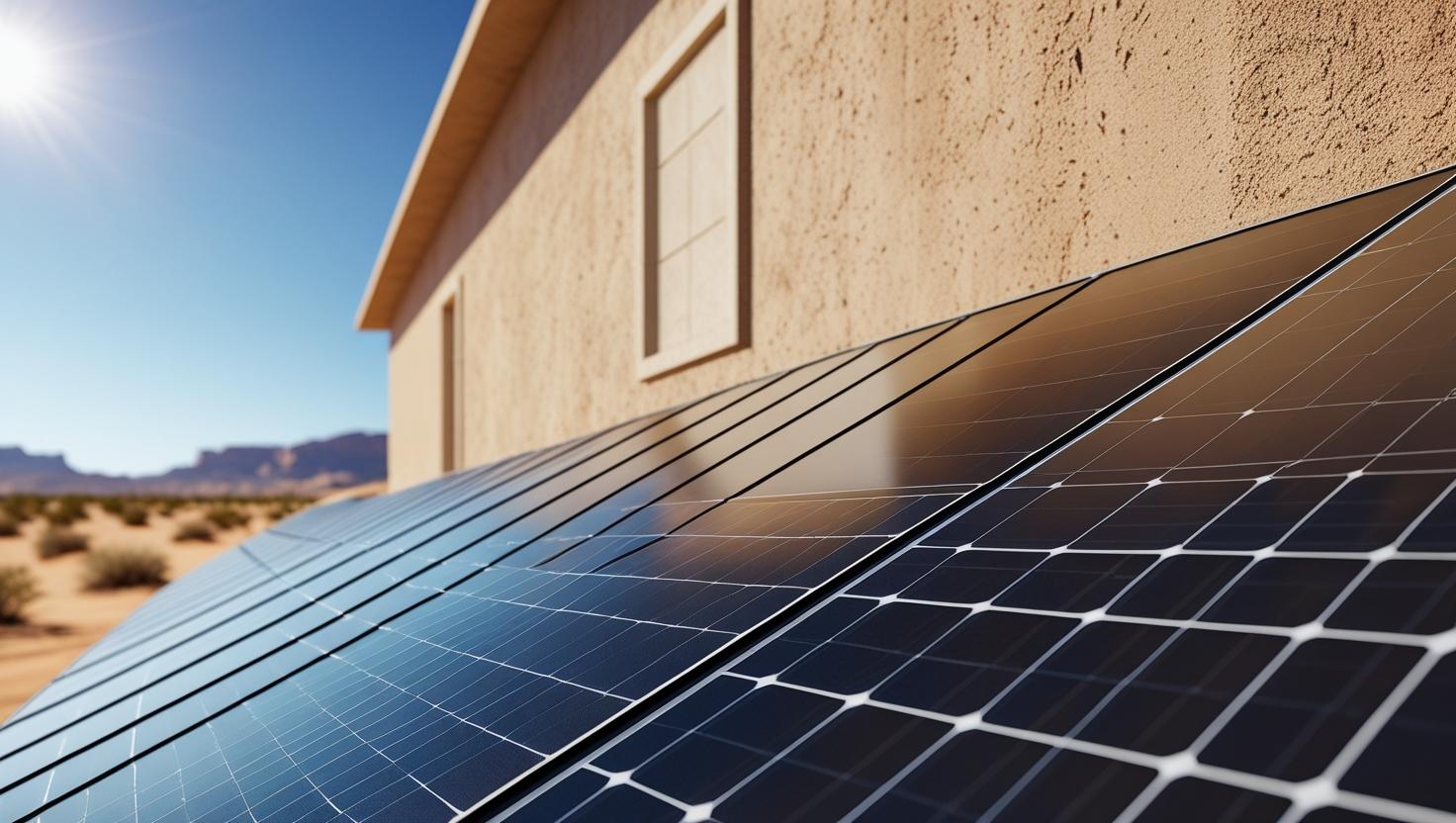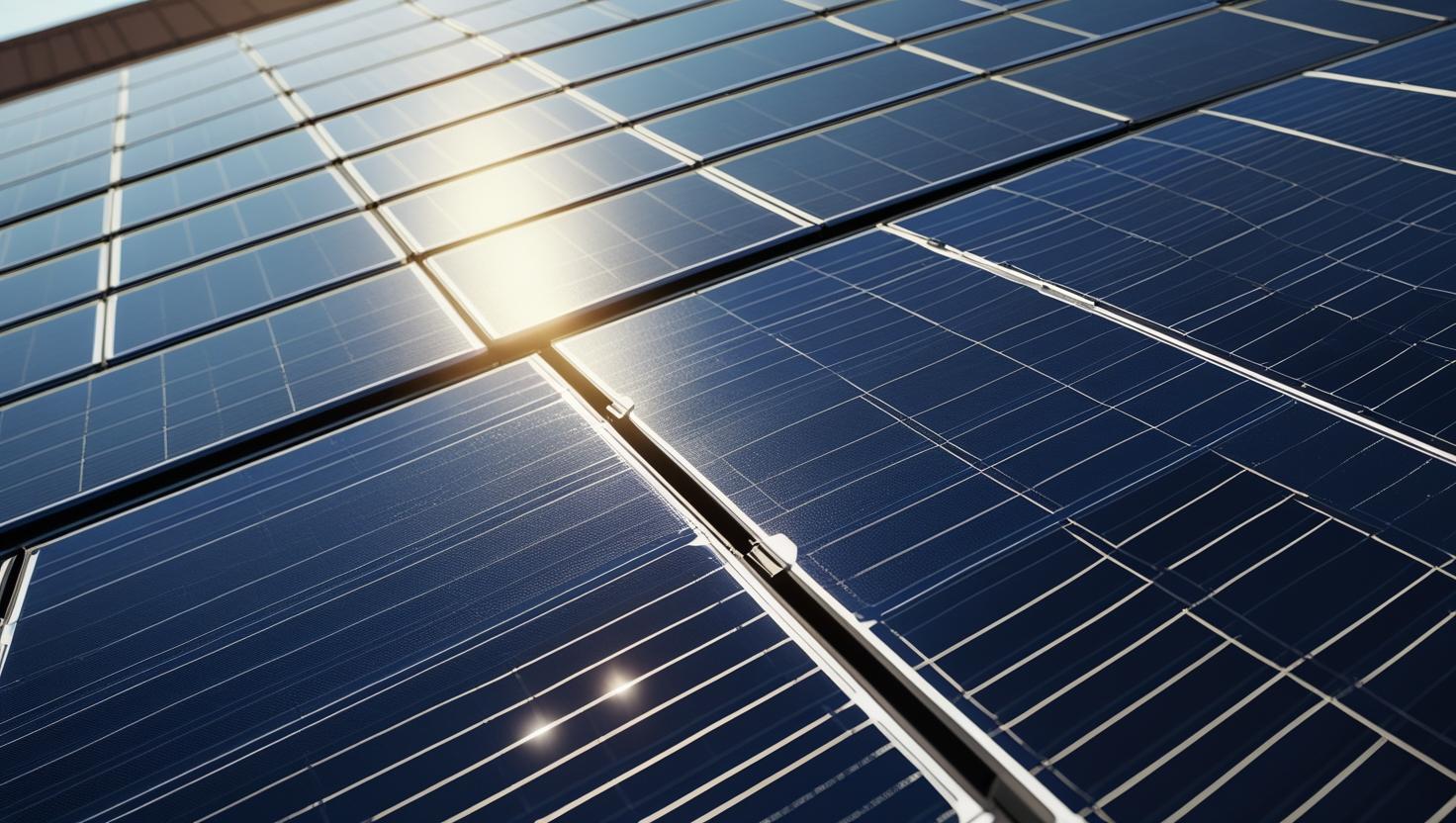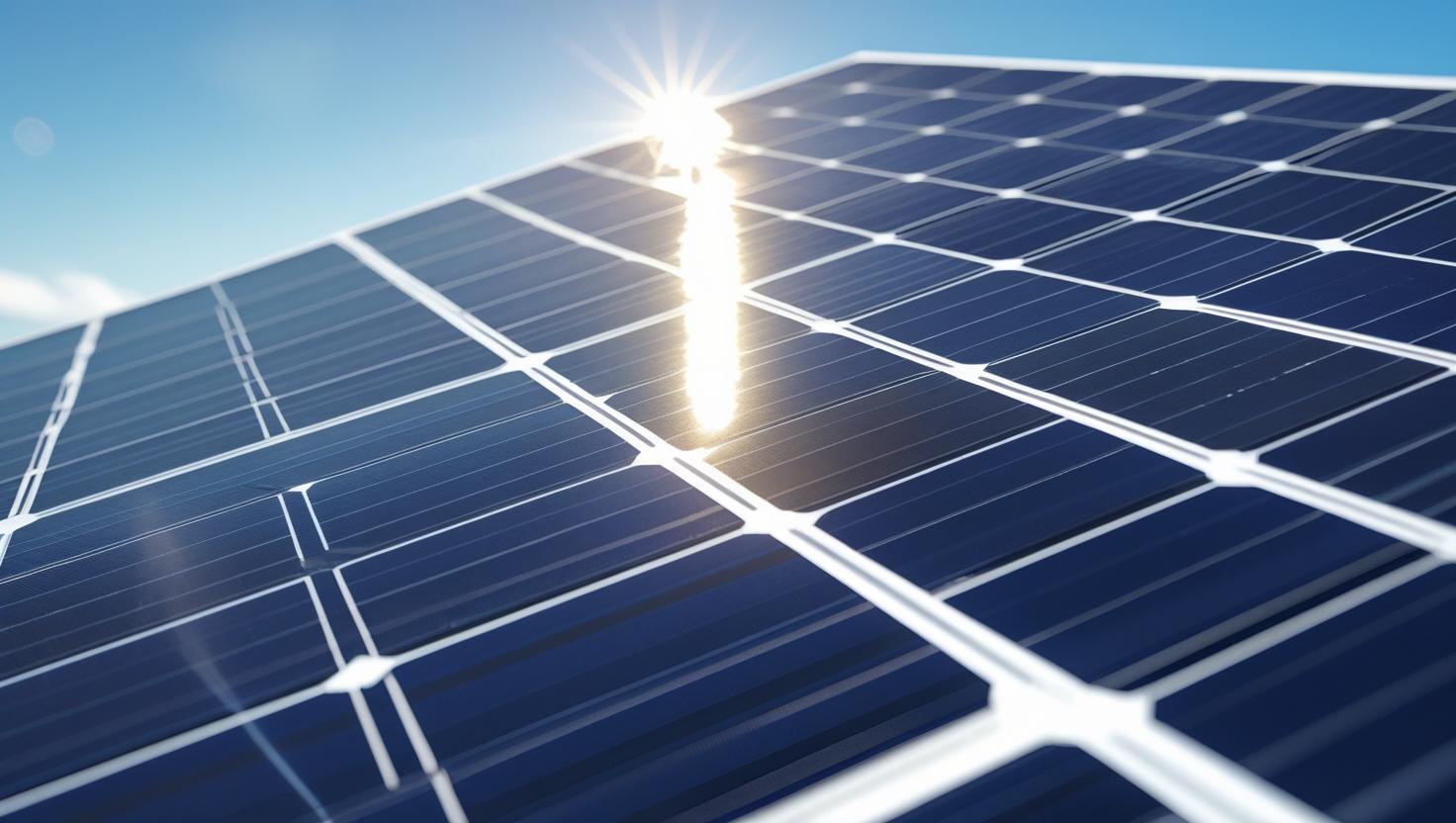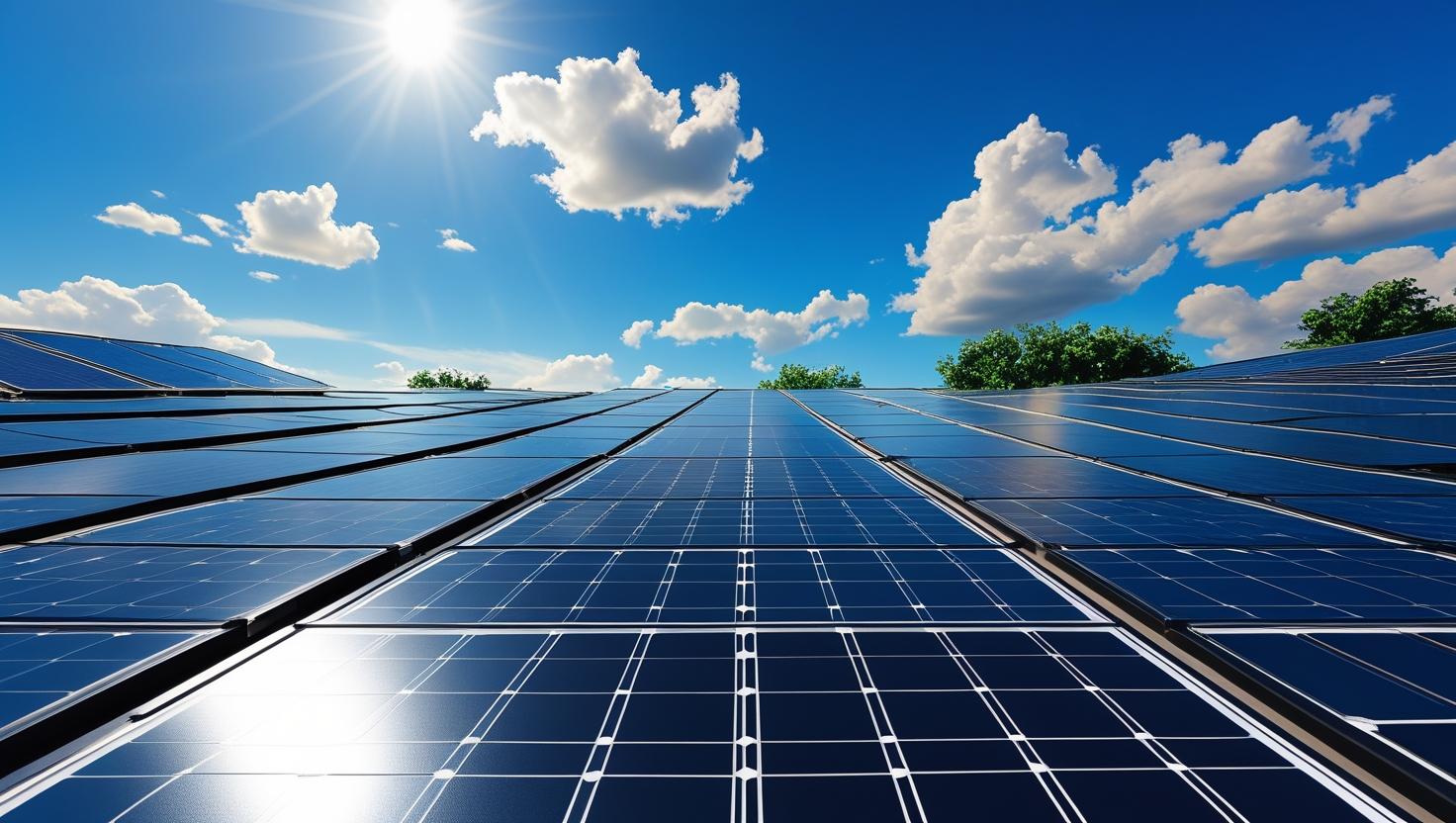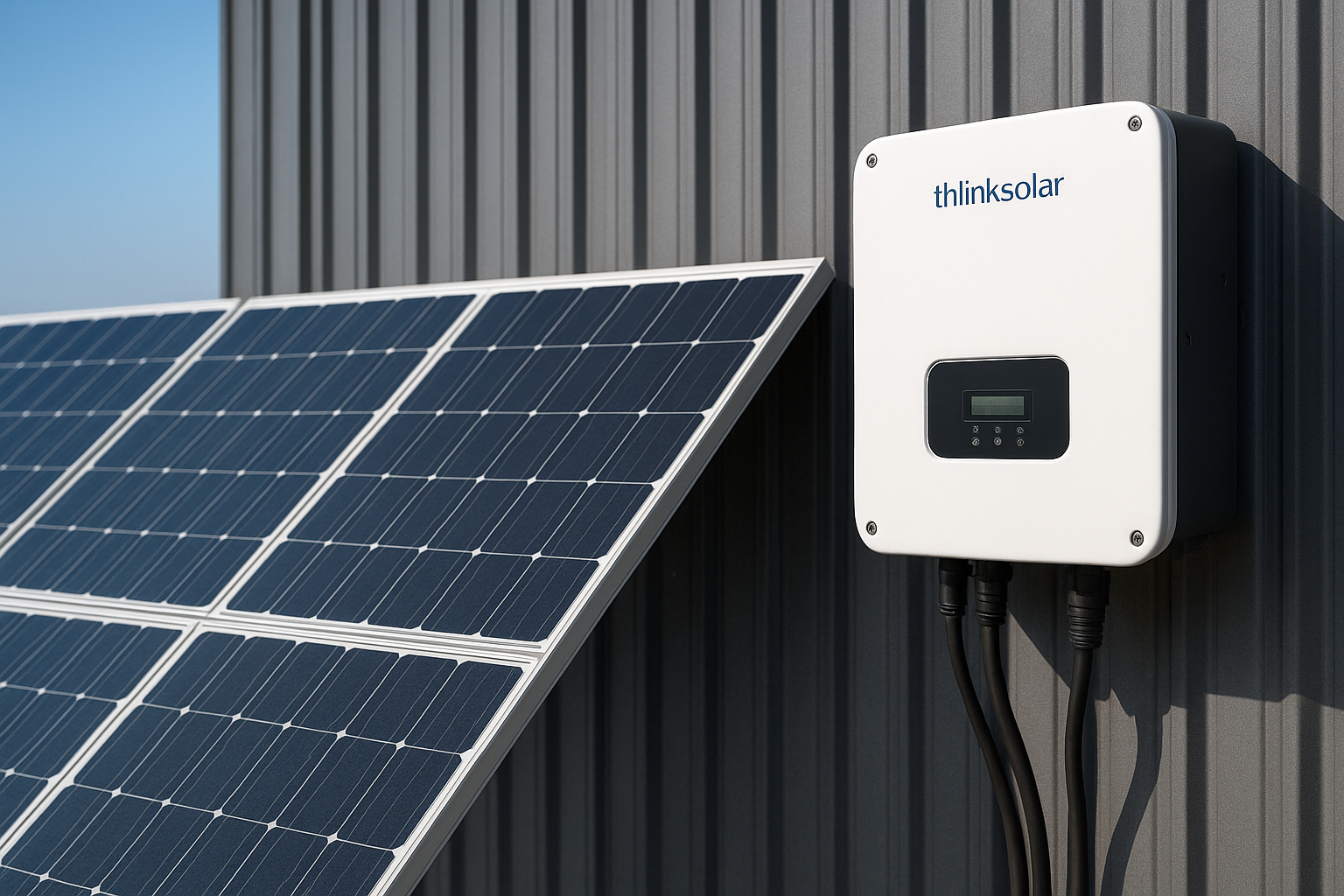
How Solar Inverters Help Filipino SMEs Beat Power Outages and High Energy Costs
Across the Philippines—from Manila and Cebu to provincial towns—frequent brownouts and high electricity ratesare a persistent pain point for small and medium enterprises. Businesses like cafés, retail stores, and clinics risk revenue loss, equipment damage, and customer dissatisfaction. Today, solar inverter systems present a scalable, cost-effective path to stable power. This article explores real-world problems and technical solutions for SMEs using thlinksolar systems.
1. Unreliable Grid and Frequent Brownouts
Pain Point:Many SMEs experience 2–3 outages weekly, especially during peak hours or typhoon seasons, causing system shutdowns and lost sales.
Solution:Hybrid solar inverter systems automatically switch to battery backup (or solar + battery) during blackouts—ensuring seamless operation. thlinksolar’s hybrid models include built-in transfer switches and prioritized load control, keeping essential equipment like POS machines, lights, and refrigeration running during outages.
Case Example:A small café in Quezon City reported zero downtime after installing a 5 kW hybrid system—continuing operarions even during grid interruptions.
2. High Electricity Rates and Poor Predictability
Pain Point:Commercial and industrial electricity rates in the Philippines often exceed PHP 10/kWh and fluctuate unpredictably, inflating operating costs.
Solution:A solar inverter system paired with solar panels reduces dependence on grid power. During the day, solar power meets most demand; excess energy can charge batteries or feed into the grid (if net metering is available). Over time, SMEs see consistent savings and protection from utility rate hikes.
Scenario:A small retail outlet in Laguna reduced its monthly utility bill by 40% after switching to a grid-tied hybrid inverter system.
3. Equipment and Environmental Stress
Pain Point:In tropical climates, standard inverters suffer from overheating and moisture damage—leading to frequent failures.
Solution:thlinksolar’s inverters support wide ambient temperature (up to 60 °C) and comply withIP65/IP66ratings. They also feature smart cooling and anti-corrosion casing. This ensures stable output even in hot, damp, or salt air–exposed sites.
Local Insight:A pharmacy in Cebu using a weather-protected hybrid inverter reported 98% uptime throughout the rainy season.
4. Space Constraints and Shading on Rooftops
Pain Point:Limited rooftop area or partial shading is common in rented buildings or multi-tier roofs, reducing solar efficiency.
Solution:opt for inverters withmultiple MPPT inputs(e.g. 3–4), allowing separate arrays on shaded or oriented roofs. thlinksolar’s models support string zoning and shading detection to maximize output.
Field Result:In Makati, an SME with partial rooftop shade recovered 12% more daily generation than standard inverters by segmenting strings across multiple MPPTs.
5. Limited Local Support and Maintenance
Pain Point:Many imported inverter brands lack local technical support or maintenance manuals in local languages, resulting in delays and inefficiencies.
Solution:thlinksolar provides Filipino interface support, online dashboards, and authorized local EPC partnerships offering installation guidance and spare parts support.
Advantage:Business owners gain peace of mind knowing technical help and maintenance are available locally without lengthy delays.
Frequently Asked Questions
Q1: Do I need batteries for solar inverters in the Philippines?
If you want blackout backup, yes. Without batteries, a grid-tied inverter alone won’t provide power when the grid fails.
Q2: Can hybrid inverters run existing generators?
Yes. thlinksolar hybrid inverters support generator integration and automatic switching—ideal for businesses relying on diesel gensets during brownouts.
Q3: What brand features should I look for?
Ensure the inverter has wide ambient tolerance (55–60 °C), high IP rating (≥65), multiple MPPT channels, and remote monitoring capability.
Q4: How long until I see ROI on my solar inverter system?
Most SMEs recoup investment in 3–5 years, depending on local rates and system size—much sooner if downtime avoidance and reduced generator use are factored in.
Reliable Power, Lower Costs, Business Continuity
For Filipino SMEs, solar inverter systems—especially hybrid models—offer the combined benefits of reliability, affordability, and resilience. By choosing equipment designed for the climate, grid conditions, and operational needs (like those from thlinksolar), businesses can reduce energy costs, minimize outage disruptions, and maintain consistent performance—all backed by local support and easy scalability.
Want to tailor a solar system for your business? Visit ourhomepageorcontact usto request your free system assessment.

